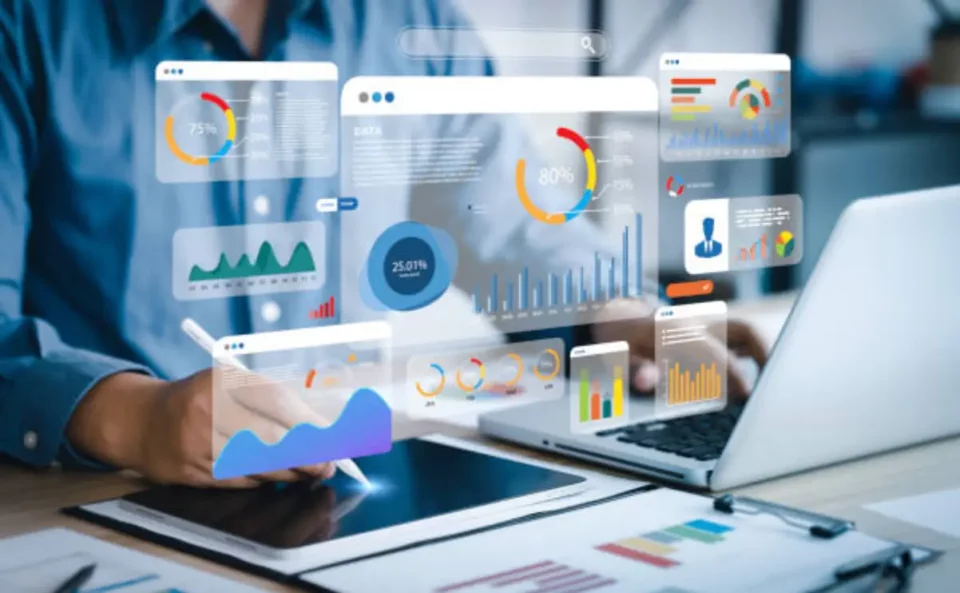Have you ever thought about how easy daily office work would feel if all employee-related tasks stayed well-managed in one place?
Many people in companies feel this same thought every day, and that is exactly where a human resource management systems helps. It keeps daily operations simple, organised, and clear for everyone.
How an HRMS Supports Daily Office Work
An HRMS brings all HR tasks into one smooth system so teams can work with clarity and comfort. From attendance to shifts, documents to workflow, everything stays in one place. This helps employees and HR teams manage day-to-day work with better coordination and higher accuracy.
Below are the twelve key benefits, explained in a simple and human-friendly way.
1. Helps Keep Employee Data Well-Organised
Every office needs an easy way to maintain employee records. An HRMS stores details like personal information, role, documents, and work history in a neat and accessible form. This makes it simple for HR teams to find any detail within seconds, without checking multiple files.
2. Smooth Attendance and Leave Tracking
Daily attendance and leave requests are among the busiest tasks for HR teams. An HRMS marks attendance, shows leave balances, and handles approvals cleanly. This helps managers understand availability and plan work smoothly.
3. Makes Payroll More Accurate
Payroll needs correct data, and an HRMS sends updated attendance, shift hours, and leave details directly to the payroll team. This reduces manual effort and helps salaries get calculated with high clarity.
4. Helps Employees Access Their Own Information
Employees often need payslips, leave details, or documents. An HRMS gives them their own access so they can check information whenever they want. This helps reduce repeated questions to HR and gives employees a sense of comfort and control.
5. Smooth Hiring and Onboarding
Hiring new people involves many steps. An HRMS supports resume handling, interview tracking, and onboarding tasks in an organised form. This helps new employees settle quickly because they get everything they need in one simple flow.
6. Easy Training and Skill Development Planning
Learning and development activities become easier with an HRMS. It stores training schedules, tracks progress, and keeps certificates in place. This helps employees grow steadily and supports better team performance.
7. Helps Managers Track Performance
Performance reviews become simple when data stays organised. An HRMS stores goals, feedback, achievements, and work updates in a clear format. This helps managers create fair evaluations and appreciate employees for their effort.
8. Better Communication Inside the Office
Many HRMS platforms include internal communication features. These help share updates, circulars, and important information in one space. This strengthens team coordination and keeps everyone updated without confusion. You may see things like:
- Quick notifications
- Smooth sharing of documents
9. Helps with Daily Reporting
Daily reports like attendance lists, leave summaries, shift plans, and performance data stay ready inside an HRMS.
This helps decision-makers review work patterns and plan future tasks with clarity.
10. Improves Workflow and Task Allocation
Work often flows between HR, employees, and managers. An HRMS supports this cleanly and consistently. It becomes easy to assign tasks, approve requests, and track progress without delays.
11. Helps Maintain Company Policies in One Place
Company rules, guidelines, and policy documents are stored inside the system. Employees can check them any time, which helps them feel more confident and informed. It also helps new staff understand how the company works right from day one.
12. Works Well for Remote and Hybrid Teams
Many companies allow remote or hybrid work today. An HRMS supports this well by keeping all HR activities available online. This helps employees feel connected even when working from different locations. A few benefits include:
- Easy attendance updates
- Simple access to documents
Final Thoughts
An HRMS supports day-to-day operations by keeping HR tasks well-structured, easy to access, and clear for everyone. With smooth processes, accurate information, and friendly access for employees, it brings a positive flow to daily office routines. It also helps teams focus more on meaningful work instead of repeating manual tasks.
